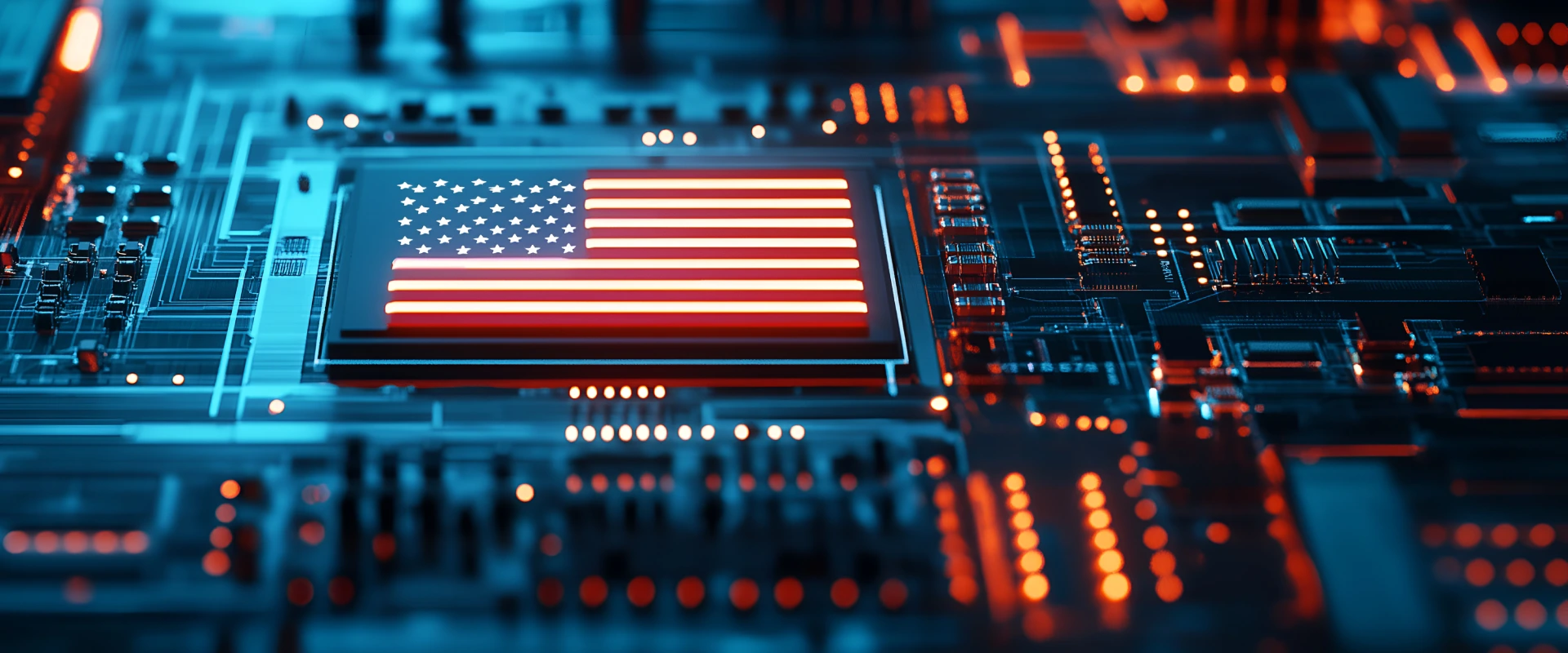
09-09-2024
This op-ed originally ran in .
The summer of 2024 is making a run for one of the most tumultuous in American political and stock market history. One presidential candidate dramatically , another barely dodged an , and the most important election on the world stage was reshaped in a matter of weeks. Lagging economic indicators and the warning of an American slowdown triggered a global stock . As this season of volatility heats up, one thing remains constant: the imperative for American and allied CEOs to lead the world with trusted technology.
The Chinese Communist Party (CCP), under the leadership of General Secretary Xi Jinping, has made leading the world in new technologies a of its strategy to remake this international system in its authoritarian image. China is a determined and capable adversary who is with regimes in Russia, Iran, North Korea, and elsewhere to achieve its freedom-suppressing ambitions. This is our long-term reality, and we — the United States and our allies — have no choice but to win.
U.S. and allied governments can offer blueprints, , , and for leading in AI, semiconductors, and other critical technologies. Still, our victory in the technology race will not be won in Washington, Brussels, or the United Nations. The real strategic impetus will come from our enterprising business leaders from Silicon Valley to Indianapolis to New York to Austin, with help from allies in places like Tallinn, Montevideo, Tel Aviv, and Taipei. We won’t regulate our way to victory over autocracy; we will have to innovate our way there. However, in order for this to be true, it will require CEOs and business leaders around the free world to embrace new thinking for a new world.
New thinking means shifting from a mindset of regulatory compliance to a mindset of leadership. We caught a of this type of leadership in early 2022 upon Russia’s invasion of Ukraine when over 1,000 companies decided to curtail their operations in Russia beyond what was legally required. The consequences of a conflict between China and Taiwan would be even more catastrophic, considering Taiwan’s role in semiconductor manufacturing. For business leaders, this means the difference between asking, “How do we navigate on advanced chips?” and “How do we help the United States lead and make sure our technology doesn’t end up in the hands of the People’s Liberation Army?” Compliance is a task for General Counsels. Leadership is a task for CEOs.
New thinking means prioritizing long-term interests over short-term gain. China is undoubtedly playing the long game. The CCP’s “” policy — as in, “Delete America” from the Chinese supply chain — promises to oust U.S. tech companies from the Chinese market entirely. Huawei’s new Ascend 910C chip for artificial intelligence, which seeks to compete with and replace Nvidia’s H100 chip, made unavailable in China due to U.S. export controls, is just the of China’s increasing self-sufficiency. All signs point to a short future for American businesses in China. The first CEOs to create a to address this reality will both mitigate the real of doing business in China — human rights violations, cyberattacks, forced technology transfers, and employee intimidation — and also set their companies up for long-term success.
Finally, new thinking means returning to some old-fashioned fundamentals, such as the fact that companies, countries, and customers ultimately do business with people they trust. Allies across NATO, , , and many more are increasingly making “trust” a central requirement for tech, economic, trade, and foreign policy. , which rallied sixty countries representing two-thirds of the global GDP to only use trusted 5G equipment, is a in point. Bad actors from China, Russia, and Iran are increasingly left out of the equation.
It’s hard, for instance, to trust a country or company whose telecommunications systems are hardwired by , a company that serves as the backbone of China’s surveillance state and is required by law to hand over any and all customer data to the Chinese government. The CEOs who innovate and deploy trusted technologies and who prioritize working with trusted partners with shared values like respect for human rights, intellectual property, the rule of law, transparency, and sovereignty will be the preferred partners in the new global economy. That’s good not only for business but also for the national interest.
It’s time for CEOs to think anew and lead anew. By helping secure America’s position as the world’s leader in technology alongside our trusted allies, our business leaders will not only secure long-term success for their company, shareholders, and customers; they will answer a call to lead from the country — and for the country — whose future relies upon them.
Michelle Giuda is the CEO of the Krach Institute for Tech Diplomacy at Purdue University. She previously served as U.S. Assistant Secretary of State for Global Public Affairs.